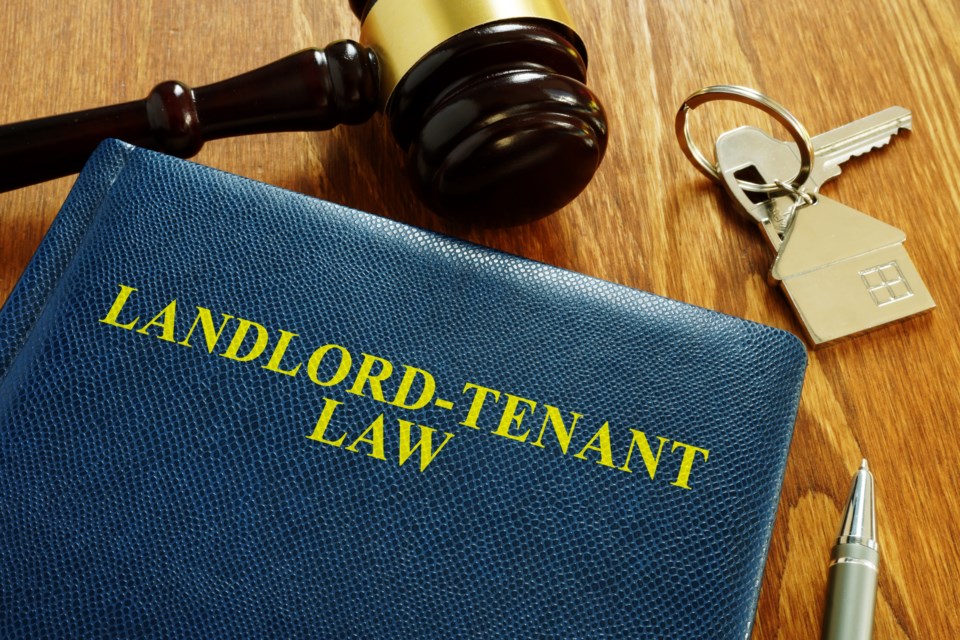THUNDER BAY — A long-time landlord in Thunder Bay wants some peace in her old age, but says "unfair" provincial regulations are frustrating her ambition.
"I am 83 years old and very unwell...but I am not allowed to retire," said Barb Hajdu, who's rented two apartments in her home for 20 years.
Last year, she said, she advised her tenants she was getting out of the rental business, and asked them to start looking for alternate housing.
One just recently signed an agreement committing to leave by the end of this month.
Hajdu said the other signed a standard Ontario Landlord and Tenant Board form last year on which he stated his intention to vacate by the end of July 2024.
When that didn't happen, she said, the matter went before the LTB which found the form had been signed under duress, and that the tenant was not obligated to surrender the apartment.
"The adjudicator just said 'We're not going to honour this contract. He doesn't have to move.' "
Feeling overwhelmed not just by the hearing process but also by the everyday tasks required of a landlady, Hajdu hired a property management company to ease her stress.
"I'm just trying to get the tenants out so I don't have to deal with the headaches and the hassles and the lost keys. It goes on and on and on...There's always something. The guy upstairs moved his two teenagers in. They lose their keys. They wake me up at five in the morning. They're on the phone, and carrying on at 3 a.m. I can't deal with it anymore."
The property management firm has now submitted a different form to the LTB in an effort to terminate the tenancy.
Under regulations, a "no fault" eviction (where the tenant has not violated lease terms) with at least two months' notice may be granted under certain circumstances, including if the landlord or a family member intends to "occupy" the unit for at least a year, or if it will be occupied by a caregiver.
A hearing on the new application is scheduled for May.
Hajdu's upset that the law requires her to compensate the tenant, saying she had to write him a cheque for one month's rent "in order for them to even consider making him leave."
Time is at a premium for her now, she said, adding that the government should be more concerned with protecting the elderly as they approach the end of their lives.
"I believe the public should be made aware of this extremely stressful and abusive situation," she stated. "My health is waning. I know I'm on the exit ramp. I just want a little peace and quiet, and the landlord tenant board is refusing to allow me to retire."
In response to an inquiry from Newswatch, a spokesperson for Tribunals Ontario provided a statement noting that LTB adjudicators independently determine whether a landlord can terminate a tenancy for the reason provided.
Tracy Armande said adjudicators have exclusive authority to make decisions in accordance with the legislation and case law.
"How adjudicators apply laws in any matter will depend on the unique facts of the case, the requests made by the parties, and the submissions and supporting documentation put before the LTB," she wrote.
